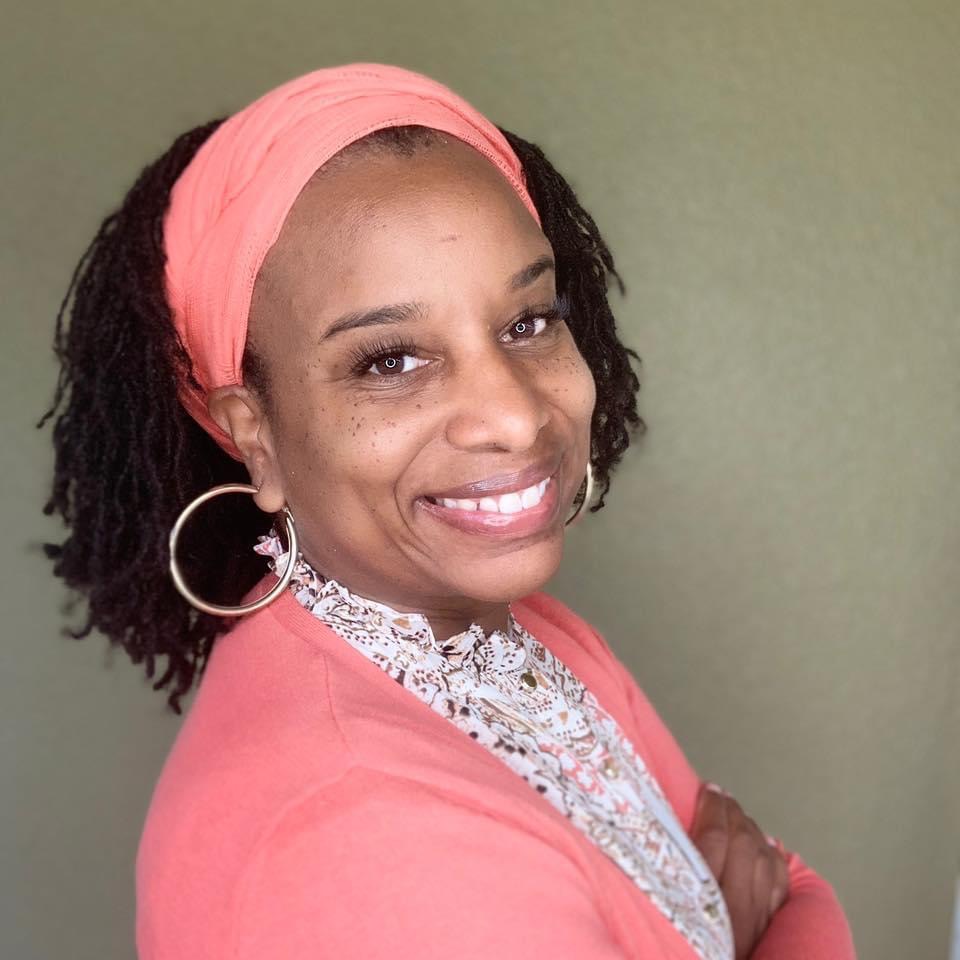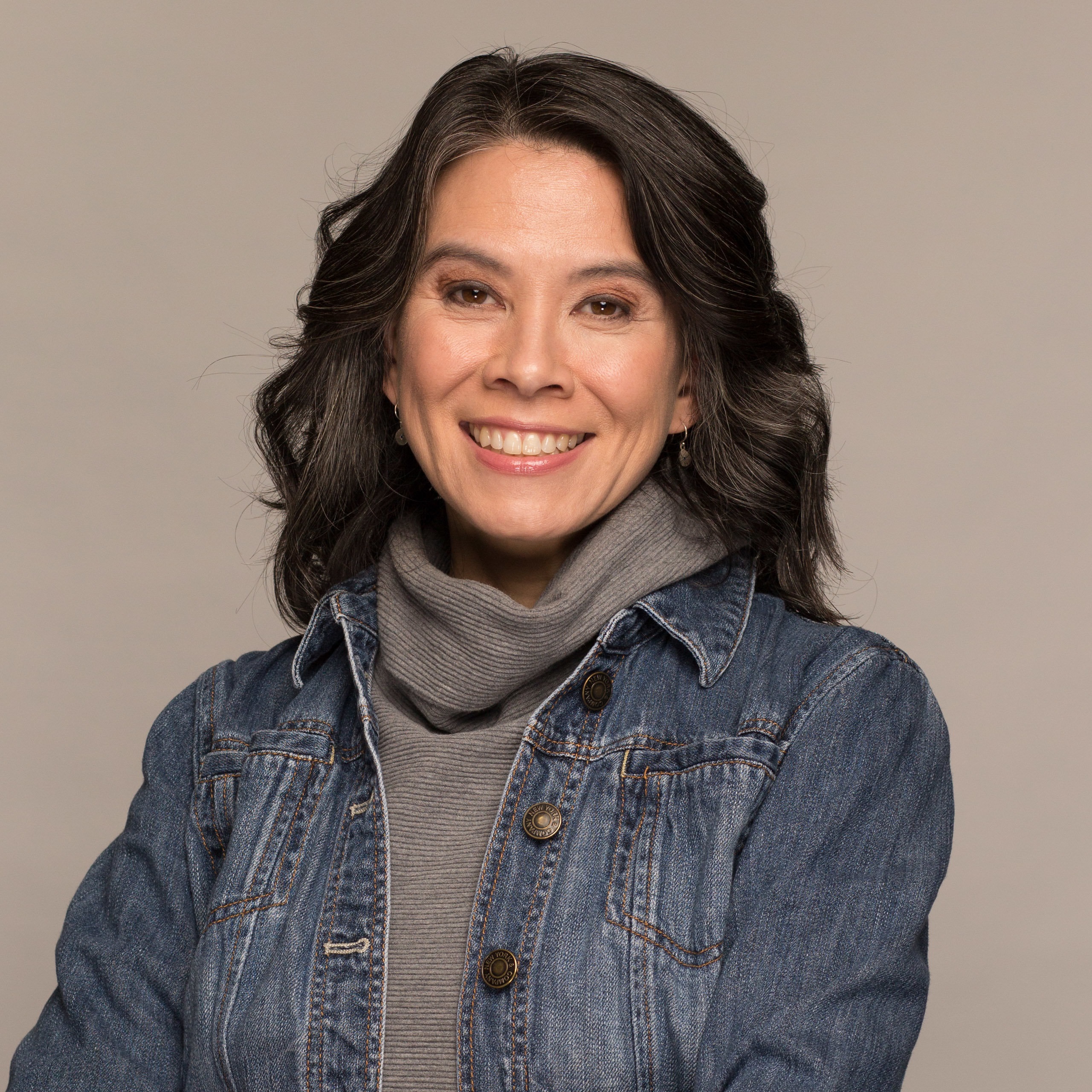The Executive Certification in Diversity Coaching program was by far one of the best professional development experiences I’ve had in my 20+ year career as a learning and organizational development leader. The program design enabled us to learn from a tremendous faculty of experts who are true scholar-practitioners skilled in creating a dynamic learning experience that attends to what are often difficult topics to unpack and work through using the CoachDiversity approach. I feel privileged to be part of this network of coaches and am already applying what I learned.
ON-DEMAND COURSES
Get instant access to flexible DEI training
On-demand courses are perfect for individuals or teams looking to expand their knowledge — at their own pace and on their own schedule.
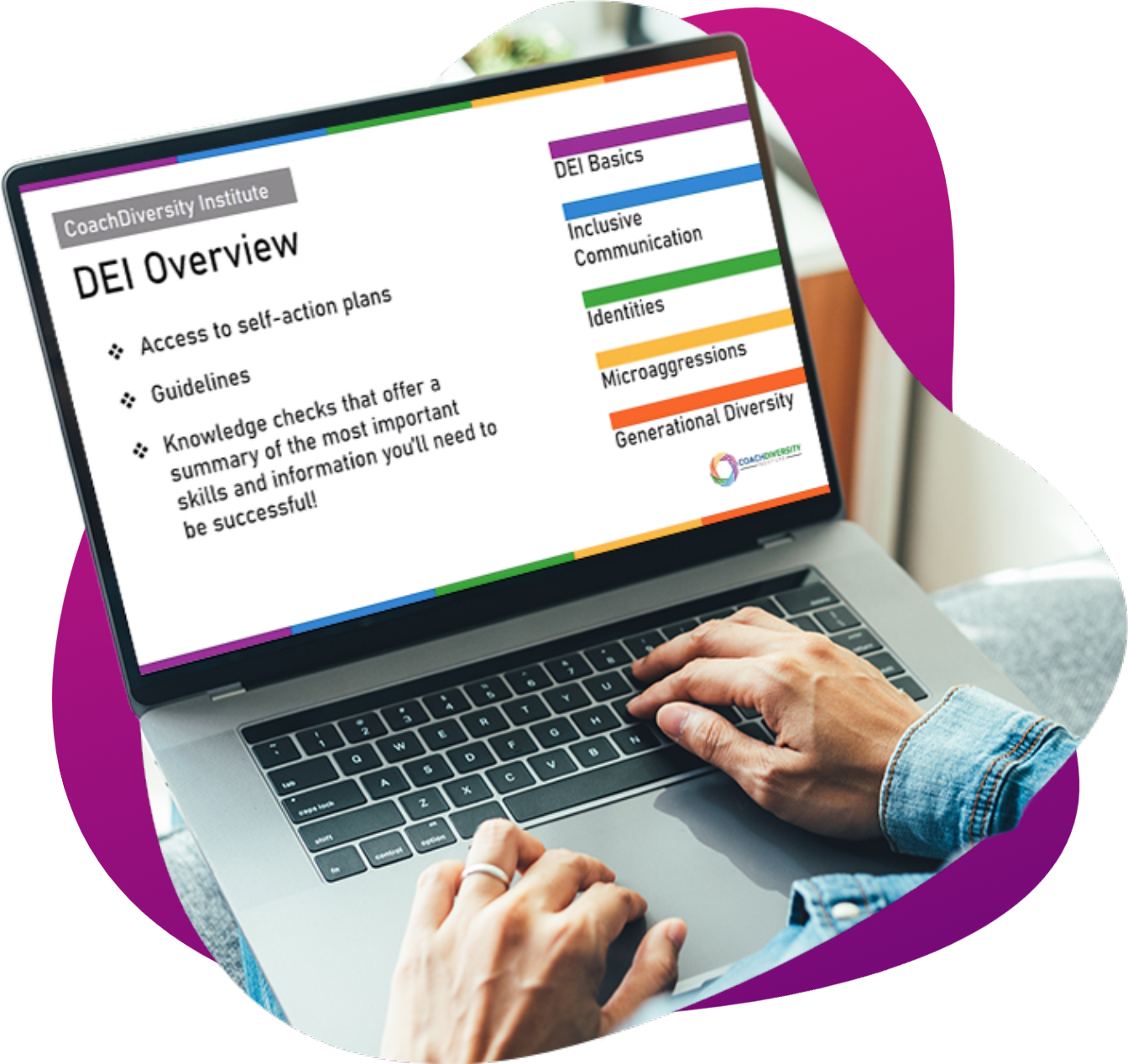
Master key DEI concepts one 30-minute video at a time
Choose from our most popular topics, based on the curriculum we use to improve DEI initiatives for top organizations.

DEI Basics
This foundational course covers the basics of diversity, equity, and inclusion. You’ll enhance your understanding of diversity in the workplace, learn the differences between equity and equality, master the importance of inclusion, and engage in self-reflection for growth. You’ll also consider how DEI impacts individuals, teams, organizational culture, performance, and brand perception.
- Define diversity, equity, and inclusion.
- Discuss differences between equity and equality.
- Explain the importance and benefits of inclusion.
- Engage in self-reflection to increase self-awareness and improve cultural competence skills.
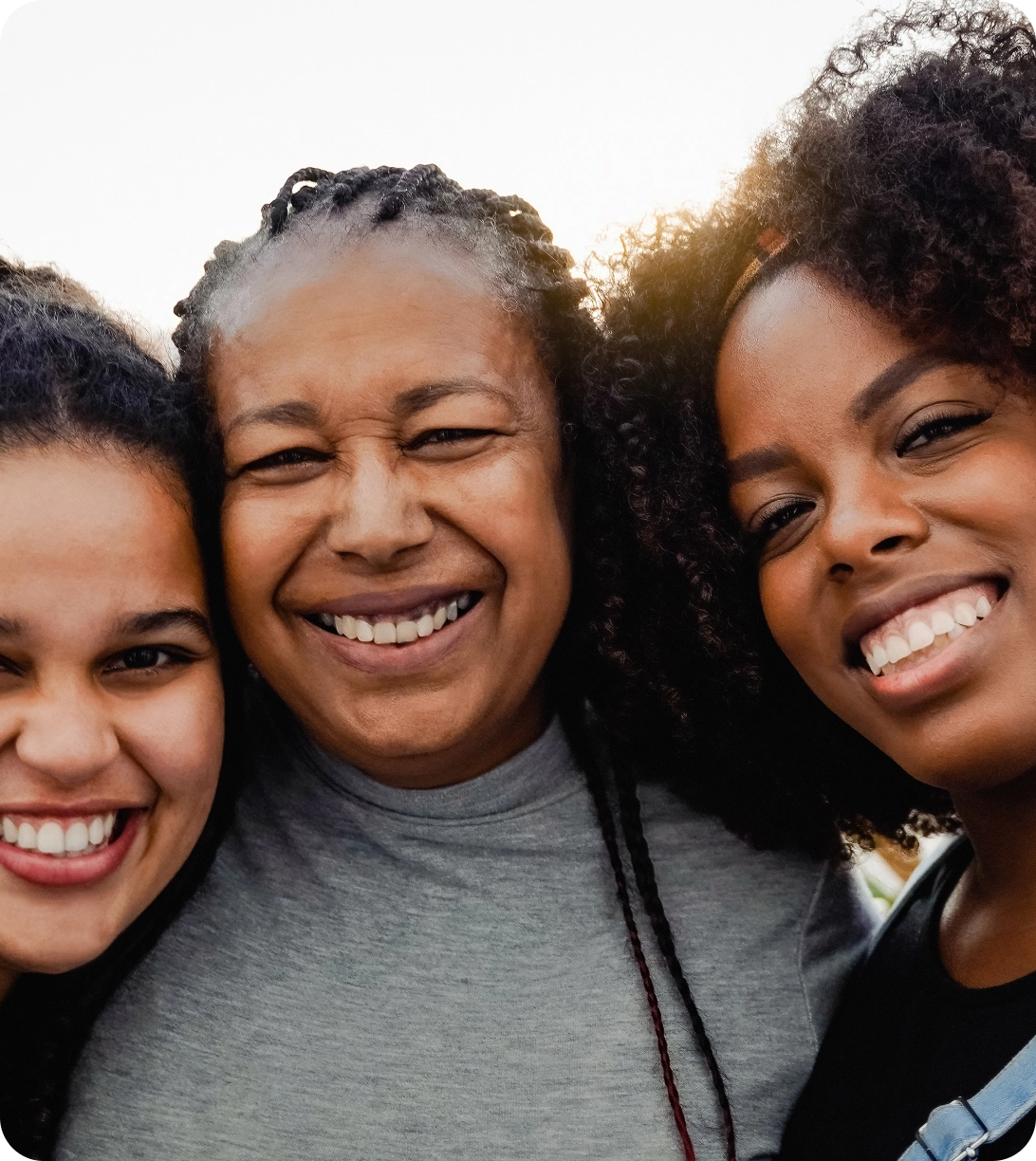
Generational Diversity
Each generation has different values, experiences and backgrounds resulting in different ways of communicating, different ways of working, and different expectations. This course will cover generational groups in the workplace and what events and attitudes define them. Participants will define generational diversity and explore how generational inclusion enhances the workplace. Users will learn methods to leverage generational diversity to contribute to organizational goals and avoid pitfalls that derail intergenerational communication.
- Define and discuss generational diversity.
- Describe generational groups and the events, characteristics, and attitudes that shape each generational cohort.
- Explain how generational inclusion enhances DEI, the workplace and contributes to organizational goals.
- Discuss behaviors that diminish communication barriers between generations.

Identities
Identity is essential to cultivating belonging in organizational culture. This course covers the range of aspects that most commonly define identity in the workplace, including race, gender, and sexuality. You’ll learn how identity shapes individual performance, team collaboration, and career advancement. You’ll also explore how multiple types of identities can intersect to inform professional status, ethnicity, religious affiliation, and ability in ways that contribute to how people are perceived and how they perceive others.
- Define and describe the complexities of identity.
- Explore aspects of gender, sexual, and racial identity.
- Discuss how knowledge of identity increases self-awareness, improves cultural competence skills, and expands organizational culture.
- Create a self-determined action plan for welcoming all identities.

Microaggressions
Microagressions are acts of exclusion that can demean, belittle, or harm. This course covers how microaggressions undermine psychological safety and impede performance in the workplace. You’ll discover how to recognize and address microaggressions among senders, receivers, and observers and learn techniques to navigate relationships and situations in the workplace. You’ll also understand the implications of microaggressions, whether intentional or unintentional, and develop behavioral strategies to eliminate bias and promote inclusion in the workplace.
- Define and describe the three types of microaggressions.
- Recognize how microaggressions can negatively impact a culture of respect and detract from belonging in the workplace.
- Understand that the intention behind microaggressions and the impact of microaggressions are distinctly different.
- Create a self-determined action plan of behavioral changes.

Inclusive communication
Inclusive communication is all about communicating more effectively and equitably. This course examines individual, interpersonal, and institutional communication and explores areas of self-talk, collaboration, and organizational culture. You’ll learn the benefits of inclusive communication and develop strategies and techniques to engage in courageous conversations. You’ll also evaluate all the ways we communicate, including words, actions, non-verbal gestures and body language, to become empowered communicators that are more adept at creating inclusive working environments.
- Define and discuss the importance of inclusive communication.
- Explore strategies to communicate inclusively.
- Apply skills to hold courageous conversations and discuss difficult topics.
- Create a self-determined action plan for inclusive communication practices.
Built-in tools to help you succeed
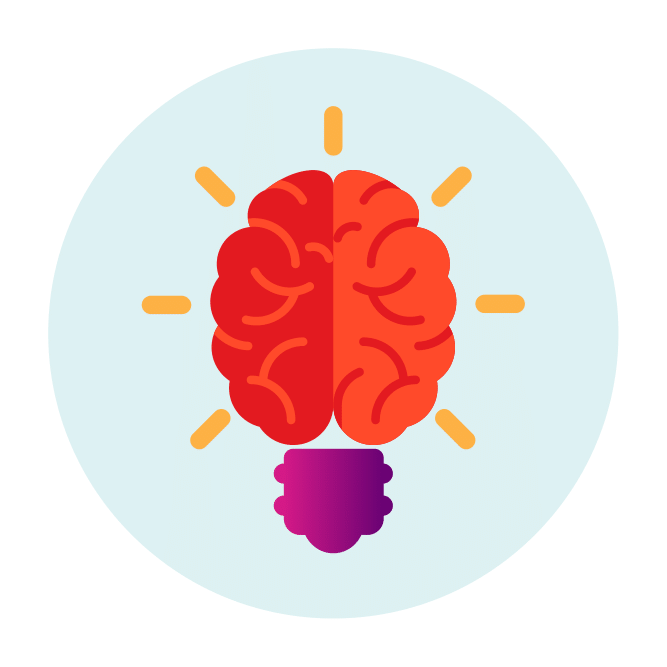
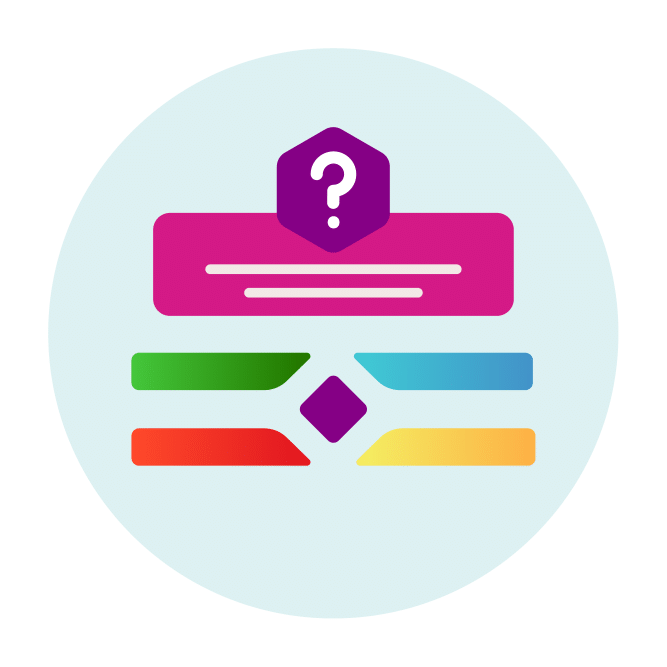

Course pricing and bundles
- Define diversity, equity, and inclusion
- Discuss differences between equity and equality
- Explain the importance and benefits of inclusion
- Engage in self-reflection to increase self-awareness and improve cultural competence skills
- Define and discuss generational diversity
- Describe generational groups and the events, characteristics, and attitudes that shape each generational cohort
- Explain how generational inclusion enhances the workplace and contributes to organizational goals
- Discuss behaviors that diminish communication barriers between generations
- Define and describe the complexities of identity
- Explore aspects of gender, sexual, and racial identity
- Discuss how knowledge of identity increases self-awareness, improves cultural competence skills, and expands organizational culture
- Create a self-determined action plan for welcoming all identities
- Define and describe the three types of microaggressions
- Recognize how microaggressions can negatively impact a culture of respect and detract from belonging in the workplace
- Understand that the intention behind microaggressions and the impact of microaggressions are distinctly different
- Create a self-determined action plan of behavioral changes
- Define and discuss the importance of inclusive communication
- Explore strategies to communicate inclusively
- Apply skills to hold courageous conversations and discuss difficult topics
- Create a self-determined action plan for inclusive communication practices


